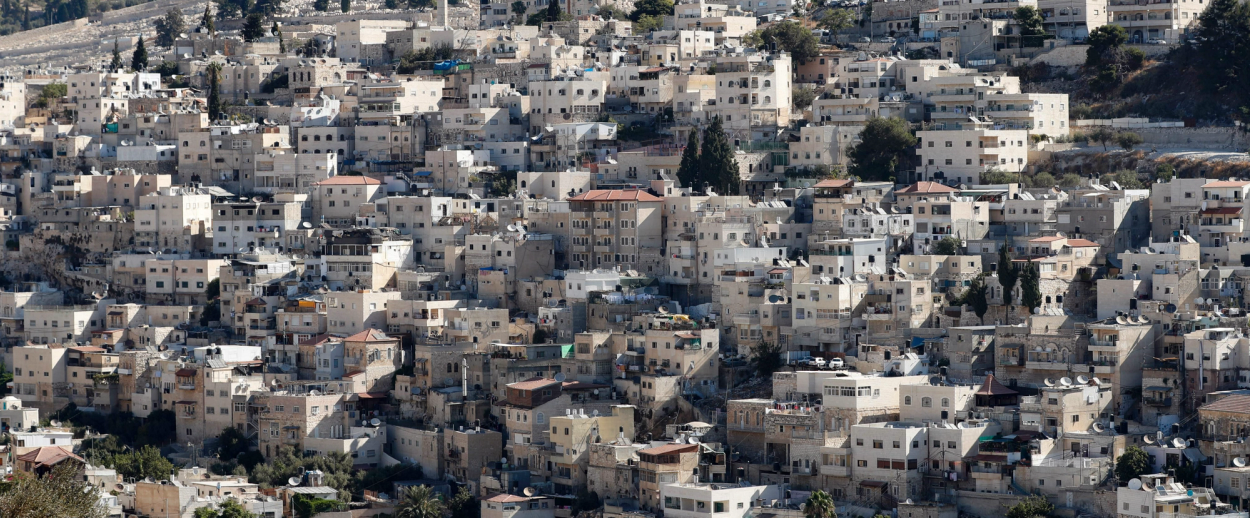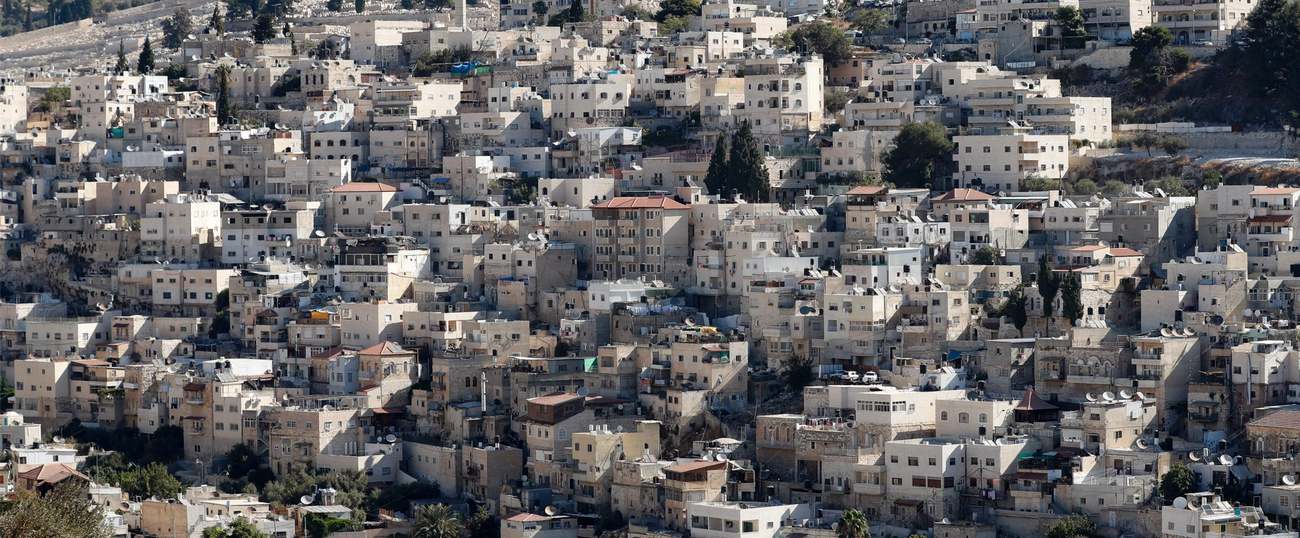The Israel Prize’s Problematic New Recipient
David Be’eri runs El’ad, a Jerusalem-based NGO




On May 2, the State of Israel will award the Israel Prize, the state’s most prestigious cultural award. The Israel Prize honors public figures who have advanced Israeli society and Jewish culture. This year, nine people will receive the award in various categories, including lifetime achievement, sciences, arts, and education. Previous recipients include Israeli icons such as Golda Meir, Israel’s first female prime minister; Amos Oz, the most prominent contemporary Israeli writer; and Martin Buber, the great Jewish intellectual and philosopher. These individuals all share a history of enduring and meaningful contributions to Israeli society and the Jewish people.
This year, the award ceremony might redefine the Israel Prize and the values for which it stands—for the worse. One of this year’s lifetime achievement award recipients, Tzivka Levy, has contributed greatly to Israeli society through his efforts to build community for lone soldiers in the IDF. But the other lifetime award recipient has neither positively influenced Israeli society nor exemplified the values of previous winners. Instead, he and the organization he represents pose a threat to Israel’s identity as a Jewish and democratic state.
In March, Education Minister Naftali Bennett announced that David Be’eri would receive the Israel Prize for “his contribution to the state by establishing the City of David.” Be’eri is the founder of El’ad, also known as the Ir David Foundation, and has made it his life’s mission to revive Jewish ties to the biblical City of David. Today, El’ad maintains excavation and tourist sites in what is believed by some to be the ancient City of David, attracting over 450,000 tourists a year.
But El’ad is not simply an archaeological NGO—it’s an organization whose very mission is to expel Palestinians from their homes in order to move Jews into East Jerusalem. By using laws like the 1950 Absentee Property Law, which allows Jews to become legal custodians of any property owned by Arabs who fled in 1948, David Be’eri and his colleagues have become experts in turning Palestinian homes into Jewish ones.
Be’eri himself has personally been involved in the seizure of Palestinian homes. According to a report by journalist Meron Rappaport for Ir Amim, an Israeli NGO that works to resolve political conflict surrounding Jerusalem, in 1987, Be’eri devised a plan to acquire the home of the Abbasi family, in part by posing as a tour guide. According to his wife Michal, Be’eri first befriended the family before turning around and petitioning the Israeli government to revoke Abbasi’s custodianship of his own home. As the report outlines, four years later, settlers from El’ad broke in and evicted the Abbasi family under cover of darkness (“…Members of El’ad broke into the house in the middle of the night while the family was sleeping. The intruders suspended themselves by rope from a window in the roof, broke door locks, threw furniture into the courtyard and ascended on the roof, where they broke into song and dance and waved the Israeli flag in the light of the breaking day.”) The Abbasi family took El’ad to court, where the Jerusalem District Court ruled that there was “no factual or legal basis” for the revoking of the custodianship and the eviction of the family. Nevertheless, the initial settlers still live there today.
But it is not just the egregious human rights violations of Palestinians that are cause for concern; El’ad’s seizures directly threaten the prospect of a two-state solution. In any peaceful and viable resolution to the conflict, Israelis and Palestinians must find a way to share Jerusalem. If El’ad continues to occupy Palestinian homes and buildings in a densely settled and well-established Palestinian community of East Jerusalem, it will create a tremendous obstacle to Palestinian self-determination and a secure, Jewish and democratic future for Israel.
We have seen negotiations fall apart before over the issue of East Jerusalem and the intensified Jewish presence there with El’ad’s aggressive judaization campaign. During the 2007 peace talks between Ehud Olmert and Mahmoud Abbas, one of the biggest impediments to negotiations was the inability to draw a border in East Jerusalem and the Holy Basin, particularly in the densely settled neighborhood of Silwan, where El’ad operates. When El’ad removes Palestinian families from their homes, it endangers the security of Israel and the city of Jerusalem.
There are so many things about Israel to celebrate; El’ad is not one of them. If the Israel Prize is supposed to represent Israel’s best and brightest who work to move Israeli society forward, how can we honor a man whose organization poses a threat to its democratic future?
Related: Facts on the Ground
Raina Weinstein and Talya Wintman are students at the University of Chicago and Barnard College. Raina is an incoming co-chair of the University of Chicago’s J Street U chapter. Talya is an incoming co-chair for Columbia University’s J Street U chapter.